IN THE STATE OF WI FLOAT TANKS ARE CONSIDERED "SWIMMING POOLS"
Just like swimming pools, the water isn't changed out after every person. In fact, indoor swimming pool water is rarely changed out completely for years at a time.
The US Float Tank Standards, created by the Float Tank Association, are stringent standards for the float tank community regarding their cleaning, water maintenance and sanitation. They state that water should be changed every 1,000 floats OR every 6 months. We change ours every 5 months.
Also, unlike your local public or hotel swimming pool or jacuzzi, only one person at a time is in our tanks (or two for couples floats). They shower before hand and they don't wear swimsuits into the tanks which often carry bacteria and germs into a regular swimming pool.
While a swimming pool requires that all the water in the pool go through filters once every 6 hours when there are multiple people in the pool, all the water in our float pools are filtered 3-5 times between every single floater.
Thanks to the amazing (almost magical) properties of salt, and the 3 step filtering process that is done after every single floater, the water is kept fresh, clean and sanitary.
The next question is usually "do you use chlorine?" Once again, the answer is "no".
Water tests show that our sanitation methods are extremely safe and very effective without the side effects and problems of chlorine and chlorination.
We are constantly testing our water and reviewing our log books to ensure our floaters enjoy an immaculate float experience.
WHAT WE USE TO KEEP OUR WATER CRYSTAL CLEAR, CLEAN AND SAFE
Our tanks have 1,323 lbs. of Magnesium Sulfate (Epsom Salts) in 11 inches of water. This brings our salt concentration to nearly 35%. The effects of high levels of salt for sanitation have been known for hundreds of years.
Dr. Oscar Pancorbo, a microbiologist and Director of the Massachusetts Department of Environmental Protection (DEP) addressed the issue of microorganism viability in high salt environments. He says, "no pathogenic organisms can survive salt concentrations above approximately 10 percent". Our tank concentration exceeds this 3 times over!
According to Dr. David K. Ryan, Professor of Chemistry at University of MA, "The only organisms that could possibly live in this environment are halophilic or halotolerant bacteria that have adapted to high salt concentrations and are found in the environment at places like the Great Salt Lake or the Dead Sea. These organisms are not pathogenic and do not pose a threat to humans."
In addition to the natural cleansing properties of epsom salt, we also have a pool filter system.
All the water in the tank is circulated multiple times between every user to pull out any organic impurities in the water. Filters are treated with a 35% solution of hydrogen peroxide to help break down the organic matter so the filters do an even better job of keeping the water sparkling clean.
We also have a UV filter system. While this is considered overkill by those who measure sanitation, we have it as an extra precaution required to ensure that all bacteria are killed.
WHY WE DON'T USE CHLORINE
Unlike a swimming pool, hot tub, whirlpool, etc., we will not use chlorine in our pools to "help" kill bacteria.
Every year there are deaths due to chlorine and research is beginning to show more dangers linked to dioxin (a toxic byproduct of chlorine). The U.S. Environmental Protection Agency (EPA) has found dioxin to be 300,000 times more potent as a carcinogen than DDT.
In addition, there have not been studies done to see the effects of chlorine in a small enclosed space. Until we know if there are dangers associated with this environment, this is a risk we are not willing to take.
We are often asked if our tanks have the same chemistry as salt water pools. While salt swimming pools are becoming more popular, it is simply another way to add chlorine to the pool. The 3% salt solution in the pool is not enough to maintain sanitation, but simply used to create a chemical reaction that creates chlorine in the water instead of it being added directly. This is not the case in our pools.
Together, with the Department of Health, we are here to make sure your float experience is relaxing and one of the safest experiences around!
